aphids
Mary_Beth Comfort
10 years ago
Related Stories
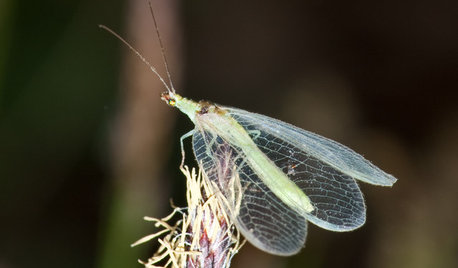
GARDENING GUIDESLook Out for Lacewings: Beneficial Insects Coming to a Garden Near You
Lacewings are delicate insects that produce alligator-like, hungry offspring that devour aphids and other garden pests
Full Story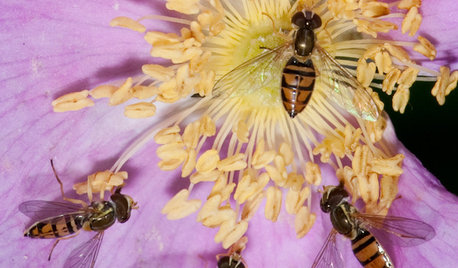
GARDENING GUIDESThis Fly Is One of the Most Beneficial Insects Around
Meet the syrphid fly, a colorful pollinator that also beats chemicals for controlling aphids and other garden pests
Full Story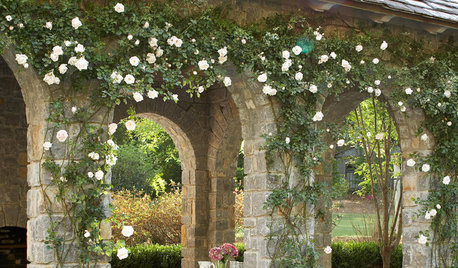
GARDENING GUIDESGreat Design Plant: Rosa Banksiae a Low-Maintenance Beauty
This thornless, disease- and insect-resistant rose brings showers of white or yellow flowers to the spring garden
Full Story
EDIBLE GARDENSGarden BFFs? Why Your Vegetables Are Begging for Companion Plants
Foster friendships among plants for protection from pests, pollination support and color camaraderie
Full Story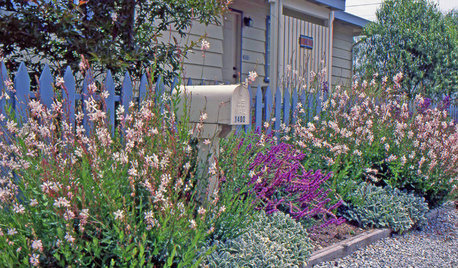
GARDENING GUIDESGreat Design Plant: Gaura Lindheimeri
Delicate, butterfly-shaped flowers ‘float’ above the foliage of this lovely, drought-tolerant perennial
Full Story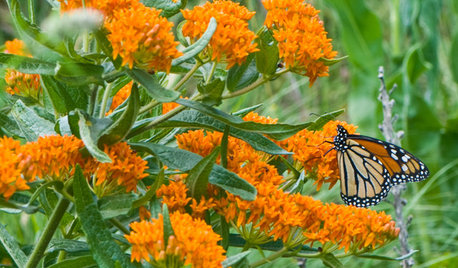
GARDENING GUIDESGreat Design Plant: Butterfly Milkweed, a Beacon in the Prairie
Vivacious orange flowers for you, nectar for the butterflies and bees. Asclepias tuberosa is worth planting for more reasons than one
Full Story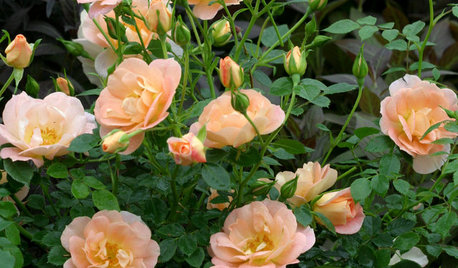
GARDENING GUIDES6 Wonderfully Easy Roses for Any Gardener
Look like an expert even if you're just starting out, with these low-maintenance gems of the rose world
Full Story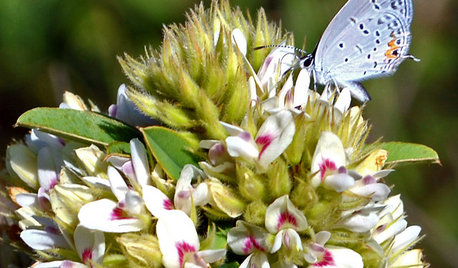
GARDENING GUIDES5 Prairie Wildflowers That Can Heal Your Soil
Get free, organic soil fertilizer with nitrogen-pumping plants that draw pollinators too
Full Story
GARDENING AND LANDSCAPINGBid Bad Garden Bugs Goodbye and Usher In the Good
Give ants their marching orders and send mosquitoes moseying, while creating a garden that draws pollinators and helpful eaters
Full Story
HOUSEPLANTSHow to Force Amaryllis Bulbs Indoors
Enjoy vibrant red blossoms even as gardens turn snowy white, by teaching this hardy repeat performer to ignore the calendar
Full StorySponsored
Leading Interior Designers in Columbus, Ohio & Ponte Vedra, Florida
More Discussions







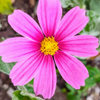
zen_man
rhizo_1 (North AL) zone 7
Related Professionals
Derry Landscape Architects & Landscape Designers · Andover Landscape Contractors · Coeur d'Alene Landscape Contractors · Fort Payne Landscape Contractors · Hannibal Landscape Contractors · Hoover Landscape Contractors · Kailua Landscape Contractors · Longview Landscape Contractors · Placerville Landscape Contractors · Rancho Santa Margarita Landscape Contractors · Twin Falls Landscape Contractors · Quincy Driveway Installation & Maintenance · Fort Worth Decks, Patios & Outdoor Enclosures · Inwood Decks, Patios & Outdoor Enclosures · Windsor Decks, Patios & Outdoor Enclosuresken_adrian Adrian MI cold Z5
Mary_Beth ComfortOriginal Author
rhizo_1 (North AL) zone 7
Tiffany, purpleinopp Z8b Opp, AL
rhizo_1 (North AL) zone 7
Tiffany, purpleinopp Z8b Opp, AL